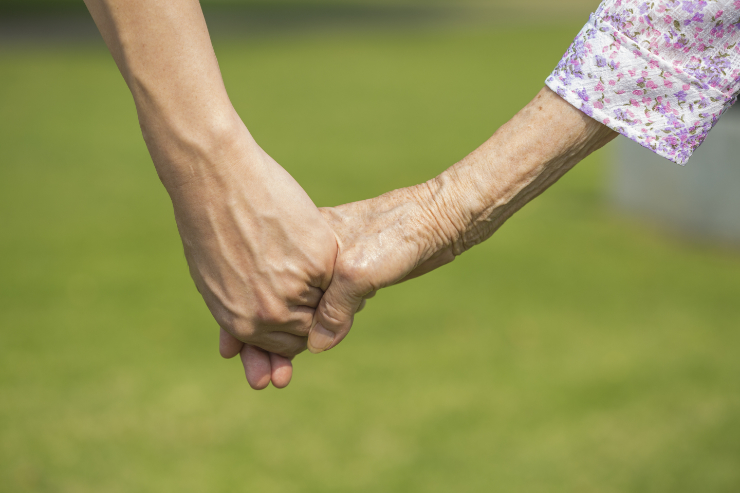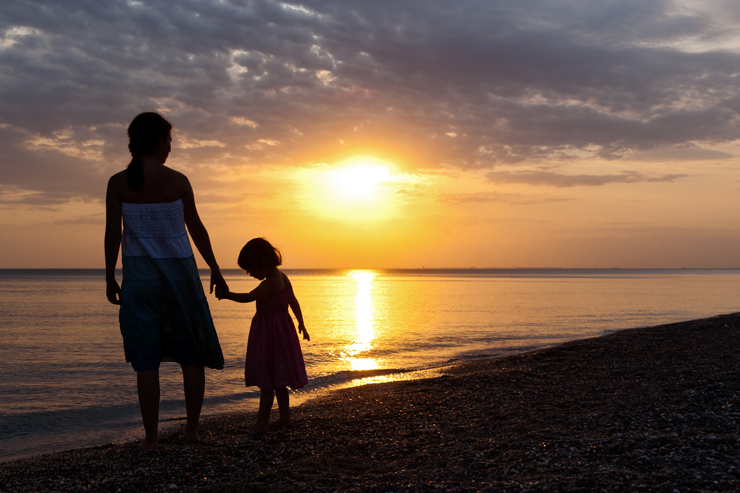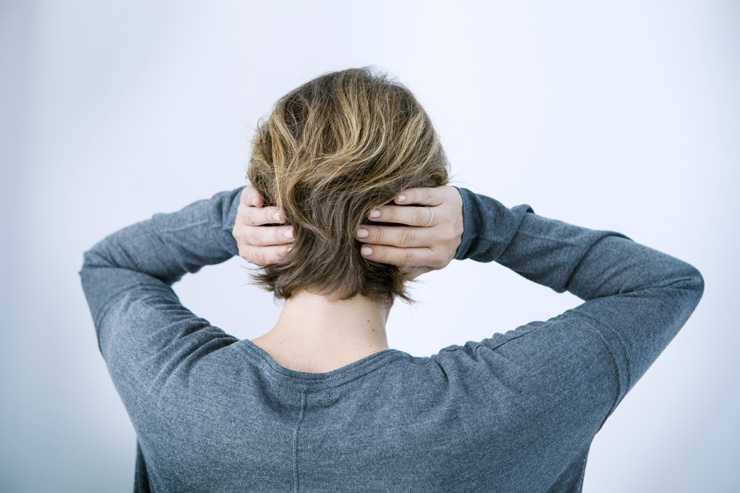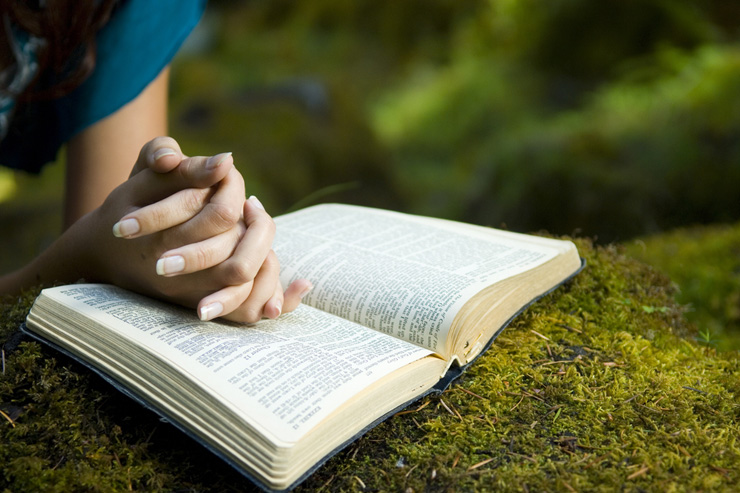Their hands were intertwined, mother and daughter. They hadn’t seen each other for months, though they talked frequently on the phone, and there was something in the twisting of their fingers, in the contrast between younger and older, that told the story of their love for one another.
Hands tell a lot about a person. Infants curl their fists and sleep through their days as we admire all ten of their wrinkled digits. Then, all too fast, they grow into the grasping, reaching hands of the toddler, and then the grimy, busy hands of a preschooler.
Later they become the prying hands of the older child, experimenting, building, doing. Next are the sweaty palms of a teenager, the bitten nails of the new adult.
These youthful hands will, over time, host a battleground of scars and scabs, eventually becoming home to wrinkles and age spots. They will never stop moving, seeking, helping, though their purpose will transform.
In the hands of the people around me, I see the story of life’s journey. As my 80-plus-year-old grandmother delights in holding my toddler’s hands, I learn a lesson in beauty. Few things are as beautiful as two hands woven together. There’s the feel of another’s fingers warming your own, and yet the contrast between their hand’s work and your own.
Your hands tell where you’ve been, the battles you’ve fought, the work you’ve done. What kind of story do your hands tell?
I wonder what Mary’s hands looked like. In all the representations I’ve seen, her hands are just a minor part, an appendage that’s necessary to make her complete but never the focus. They are, without fail, perfect hands, but I’ve never seen an image of Mary that focuses on her hands.
These images we see, the different titles and apparitions, are supposed to inspire us, not drag us down, so sometimes I have to remind myself not to let it have the reverse effect. How can I relate to her across the centuries, living as I do in such a different culture, with such a different understanding of the world? How do I get past the flawless portraits of her, the idealized images, the pristine hands I see?
To identify with Mary, I need to get past the holy cards and statues around me, to the reality of her life.
Instead of seeing Mary’s hands, so smooth and soft, as intimidating, something I can never achieve, maybe I should focus on where those hands will take me, what those hands have experienced, how those hands have transformed.
Mary would have worked with her hands. She didn’t have a washing machine, so those loads of laundry had to be scrubbed…by hand. In fact, there was no running water in her house, so she had to make a trip to the river. How did she do dishes? How did she get drinking water? How much hard labor did her hands see in the chores of her everyday life?
Her hands wouldn’t have looked anything like mine. I’m sure her nails weren’t long, though it wouldn’t have been because she was biting them, as I do, but because it wouldn’t have been practical for the work she had to do.
Would her knuckles have been swollen? What kind of scars, scabs, wrinkles would her hands have shown me?
Her life would have been written on her hands, and that inspires me to embrace my vocations with my hands, to pray as my hands are immersed in dishwater, to rejoice as I fold laundry, to listen for the whisper of God when I’m occupied with cleaning.
My hands spend a lot of time over a keyboard, and as they dance, I find myself looking down, thinking of Mary’s hands and how much stronger they would have had to be. Her hands carried heavy buckets, lugged laundry to the river and back, cleaned the cuts and scrapes on Jesus’ knees.
Mary has been called “Star of the Sea” since St. Jerome in the fifth century, though there was likely a transcription problem: St. Jerome called her “stilla maris,” drop of the sea, but the change of an “i” to an “e” turned it into “stella maris,” star of the sea.
As a star, Mary guides us just as the star led the magi to the Christ Child. In her perfectly manicured hands, I can be inspired to reach for the Child she held. Though there must have been calluses and scars, I see instead, in her hands, acceptance of God’s will and cooperation with God’s grace.
To the sailors in ages past the stars meant survival. Without the stars, before GPS and our technology, they wouldn’t know where they were going. The stars represented, in a way, their salvation. The stars pointed the way to safety. It only took a good storm to spell disaster, because their navigation system was gone.
Mary, as Star of the Sea, directs us to safety, to salvation, to life beyond just survival. Her hands, with their scars and wrinkles, point to peace. Her hands, with their memory of holding the Christ Child and then preparing for His burial, lead me home. Her hands, like the stars for the sailors, guide me to the safe harbor of her Son.
Often, I gaze at the sky and admire the stars. I wonder what it’s like out there, where those stars are. And all too often, I’m like that with Mary: I wonder and gaze, and then I go back inside to the bright distractions of busyness and activity. I ignore the peace she promises, as Star of the Sea, when she points me to the silence and stillness.
Mary, Star of the Sea, is a promise that we’ll never be lost, that the storms of life will never spell disaster. We can place ourselves in her hands—strong, worn, tender—and know that we are safe.
















